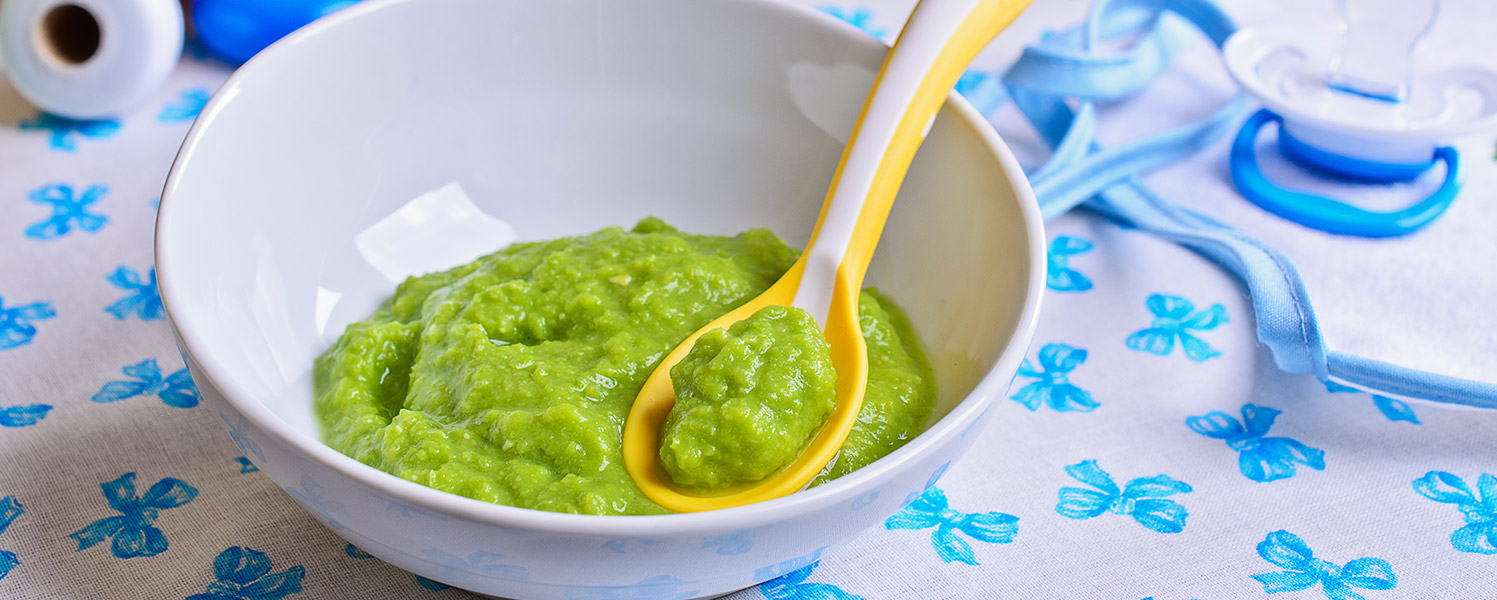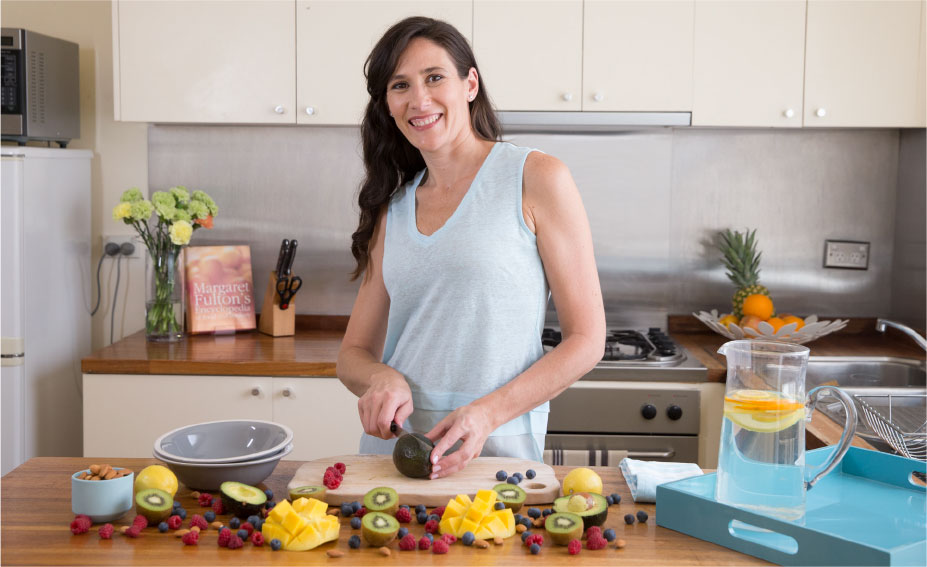Your Baby
Reflux, constipation, food allergies, introducing solids…as your baby’s digestive system is developing little one’s often have lots of dietary sensitivities.

Fast Facts
- Diet-related issues can increase your toddler’s tantrums
- Dietary habits formed during infancy will set up your child’s eating habits for life
- Consultations available in person or via Skype
- Medicare rebates available for those eligible
- Health Insurance rebates available for those eligible
- See Melanie or one of her personally trained Accredited Practising Dietitians
How to ensure your baby is getting the best possible nutrition
“Dinner time is a battle ground. My baby won’t eat anything healthy that I put in front of him. I want my baby to get the best possible start in life, but I don’t know what to do anymore.”
We understand. You’re not alone. Many new mums undergo these same battles. Let us help you.
Dietary concerns for little ones
Being a new mum is stressful enough without every meal becoming a fight. These are just some of the challenges that new mum’s have to deal with in the dining room:
- One in two children are fussy eaters
- One in five toddlers have food allergies
- Only 5% Australian children meet the recommended intakes for fruit and vegetables
- Eating behaviours established in childhood may carry on into adulthood so it is important to focus on eating behaviours now
- One in five toddlers are overweight or obese
- Constipation is the principle complaint in 5% of paediatric consultations
Yet, dietary intake is one of the strongest predictors of future health for your little one.
Introducing solids
It is recommended that you start introducing solids to your baby between 4-6 months of age. Your baby should give you an indication that they are ready for solids by:
- Watching you eat
- Reaching out for your food
- Opening their mouth when you give them a spoon
- Sitting upright unsupported.
It’s important to start introducing solids at this time to:
- help develop their immune system
- to provide the additional nutrition that they require for growth and development
- experiment with different tastes and textures
practice mouth and jaw movements that will later help with language development.
What can be done?
Whether it’s fussy eating, digestive issues or food allergies, dietary issues for your little one can cause many tears and additional stress for you as parents. Don’t put up with meal time tears anymore. An Accredited Practising Dietitian can:
- diagnose food allergies and intolerances
- educate you how to heal with fussy eaters
- optimise your child’s nutrition for optimal growth and development
- treat digestive issues such as diarrhoea and constipation
- help your child maintain a healthy weight
- optimise your little one’s dietary intake to boost their learning
- advise on diet-related medical issues such as ADHD, asthma and Coeliac disease.
Why Choose Melanie and Her Team?
When it comes to children you want the best possible care. That’s why you should see Melanie McGrice and her team. Melanie is an Advanced Accredited Practising Dietitian with a Masters Degree in Dietetics. With over 15 years experience, she has the wealth of knowledge and experience to help women and their families with a wide range of dietary concerns.

What’s Next?
During your consultation, we will start by collating a detailed history of your child’s medical, growth and dietary progress. We understand that every child is different, so there is no ‘one size fits all’ solution. Together, we will custom-tailor an approach to eating for your little one to help you
- Reduce your child’s symptoms
- Meet his or her nutrition requirements
- Optimise their developmental needs
- Enjoy stress-free meal times once again.
Want to contact us to make an appointment? Click here
FAQ’s
These are the top questions on the minds of new mums and dads visiting our nutrition and wellness centre in Melbourne
When is it safe for my child to eat nuts?
Nuts are a common food allergy so many parents avoid giving them to their children. However, unless your child has a diagnosed nut allergy it’s important to start nuts earlier rather than later to help build up their immunity against them. Nuts can be a choking hazard so use a peanut paste or nut butter to build up their tolerance while they are young instead.
Is it ok for my baby to follow a vegetarian diet?
It’s recommended that you speak to a dietitian to ensure that you baby is meeting all of the nutrients that they require. For example, as your baby grows their iron stores decrease and breast milk or formula no longer provide adequate amounts. To ensure your baby is meeting their requirements for iron and other essential nutrients, ensure his diet contains adequate protein alternatives such as tofu and legumes, vitamin C from foods like broccoli or potato to assist with the absorption of iron and supplemental breast milk or formula.
Will changing my child’s diet improve ADHD?
ADHD can be improved in many cases by dietary changes. Avoiding sugar, refined carbohydrates, food chemicals and increasing healthy brain fats can go a long way to improving your child’s stress levels and reducing symptoms of ADHD.
Is my baby constipated?
Baby’s bowel motions come in many different colours and sizes, and may change on a regular basis. Constipation is defined as difficulty, delay or pain upon defecation. If your baby is straining, but the poo is soft, it’s not constipation. It is normal for your baby not to poo every day. Babies who are constipated poo less than three times per week.
Aren’t the rolls of fat just ‘puppy fat’?
Maybe. Baby’s do need plenty of fat to assist with their growth and development, but too much can put them at risk of lifelong weight battles. Your dietitian, paediatrician or maternal health nurse will be able to advise you how your child’s weight is tracking based on growth charts.
As seen in







Get nutritious recipes
straight into your inbox!
Send your details now to receive Melanie’s recipes designed around a range of dietary needs including improved fertility, weight loss, general heath and wellbeing through improved nutrition. Receive the recipes specific to your needs.
